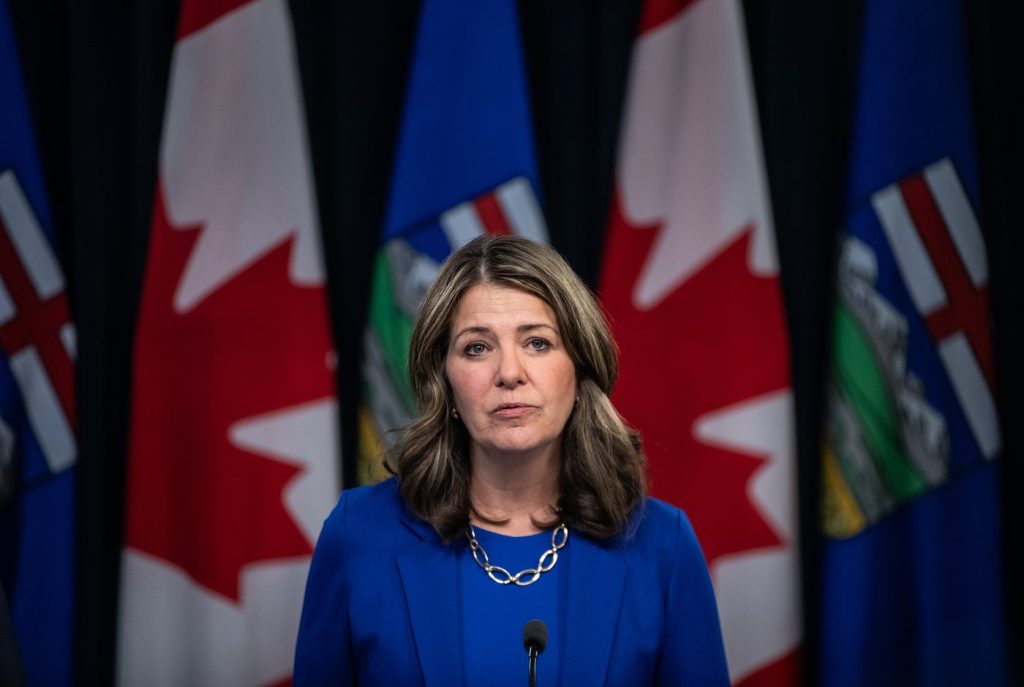EDMONTON – The chief of staff to Alberta Premier Danielle Smith, Ben Anderson, has found himself at the center of controversy following reports of a business class flight he charged to taxpayers. The flight was a return journey from Fort Lauderdale, Florida, to Calgary, which he took earlier this year while accompanying Premier Smith to a meeting with U.S. President Donald Trump.
According to reports from the CBC, the two-day trip to Florida incurred significant expenses, amounting to approximately $10,000 in total for Alberta taxpayers. Notably, Anderson’s flight home was billed at nearly $3,000 alone, raising questions about the justification of such costs amidst public scrutiny over government spending.
Anderson has defended his choice to fly business class, attributing it to a documented health condition that increases his risk of developing blood clots. He explained that due to a blood disorder, it is medically necessary for him to elevate his legs when seated for extended periods of time, particularly during flights that exceed three hours. This means that in order to prevent potential medical emergencies or severe health consequences, he must opt for business class seating on longer flights.
In response to the media attention surrounding the costs associated with his travel, Anderson indicated that the CBC's report appeared to be a deliberate attempt to undermine him and his role within the government. He remains committed to traveling with Premier Smith on official duties, provided that his medical circumstances allow it.
The incident has sparked discussions regarding government accountability and spending practices, especially in light of ongoing fiscal challenges faced by many provinces. As taxpayers question the rationale behind such expenditures, officials will need to navigate the delicate balance between legitimate health-related accommodations for staff and the expectations for transparency in public spending practices.
This report emphasizes the intersections of health issues, public finance, and accountability within governmental operations. As implications of this situation unfold, it highlights the critical nature of responsible budgeting and the necessity for clear communication with the public regarding the use of taxpayer funds.
Premier Smith's administration will likely face further inquiries and scrutiny as details surrounding this travel expense become more widely discussed, reflecting broader concerns about fiscal responsibility in the political arena.











